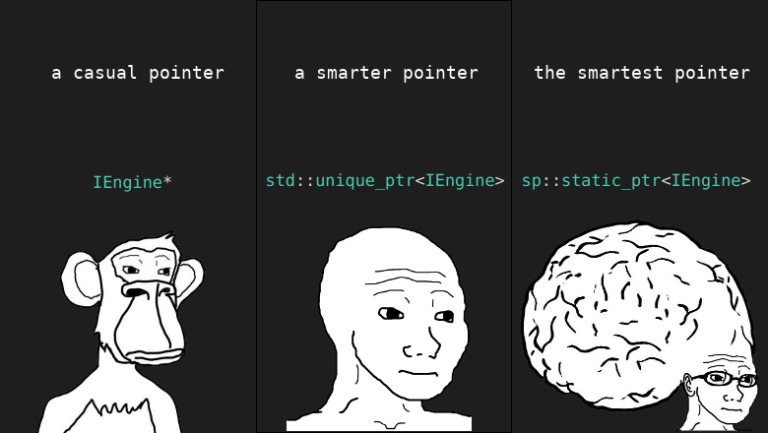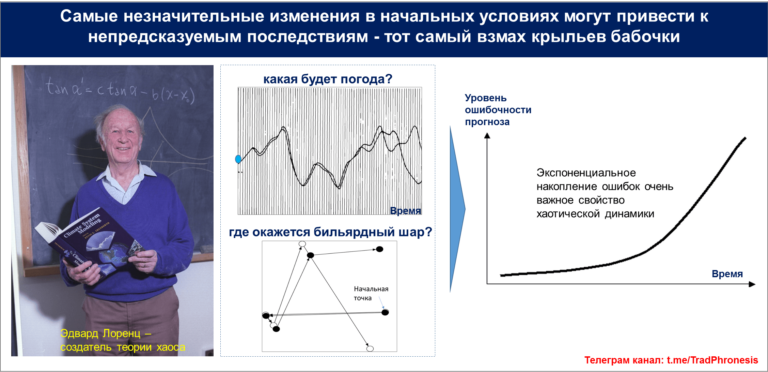5 teacher tips
Intermediate Plateau, or “mid-level plateau” is a period of slowdown in learning when you have mastered the basic and intermediate levels well, but cannot move to the advanced level, although you continue to study a lot. This happens to a greater or lesser extent to everyone and in all areas, but I will tell you using the English language as an example, because I study and teach it. Write examples from your field, work or hobby in the comments.

What to do during this period:
Be aware of the existence of the plateau. Intermediate Plateau is an objective pattern. This means that it is not due to insufficient effort or a bad teacher, but because the higher the level, the more difficult it is to see the result. When you learn something from scratch, even a couple of new words or guitar chords bring big and noticeable progress, but at an intermediate level it takes dozens of hours of practice to feel the result.
Practice a lot on your own. According to the official Cambridge table To master the Advanced (C1) level from the Upper Intermediate (B2) level, 200 hours of guided practice are required, that is, lessons with a teacher (plus independent work). Sounds scary. But there are two news: first, according to actual practice, even more hours are often needed. Secondly, practice at this level may no longer be guided, that is, you can practice without a teacher. It’s great if there is a person who supports and helps in mastering skills, but starting from the intermediate level, independent work comes to the fore. Without it, progress in learning will be slow even with the best teacher.
Maintain motivation. To sail through a plateau, you need to stay motivated. Continuing the maritime metaphor, let us remember the old song: “In a storm, only the stronger the arms, and the sail will help, and the keel – it is much more difficult not to go crazy with boredom and withstand complete calm.” Remember why you need all this and do what you really like: communicate in the language, watch your favorite TV series, read, sing songs. The more varied and interesting the practice, the better!
Practice with authentic materials. Teachers recommend many useful techniques for overcoming plateaus, but they boil down to one thing: it’s time to work with authentic materials. The textbook is still your friend, but it’s no longer your only friend. It’s difficult and scary not to understand something, the brain resists new things, but it’s necessary. It is important to read articles, posts, books in the original; watch educational or entertaining videos, TV series, films – whatever suits your desires and interests. The main thing is not to fall into perfectionism and not to strive to understand all the words at all, but to try to understand the essence and take everything else easy.
Focus on words, not grammar. You already know enough grammar for basic communication, so your goal is to remember as many words as possible. Forgive yourself for mistakes in tenses and articles and concentrate on learning vocabulary. You'll need about 2,000 words to make the quantum leap to Advanced! And the grammar can be “cleaned up” as you go.
I hope this post didn’t scare you even more or make you sad. Everything will work out! And if you are at the Intermediate level or higher, come see me at telegram channelwhere I publish interesting and useful things for English learners.





